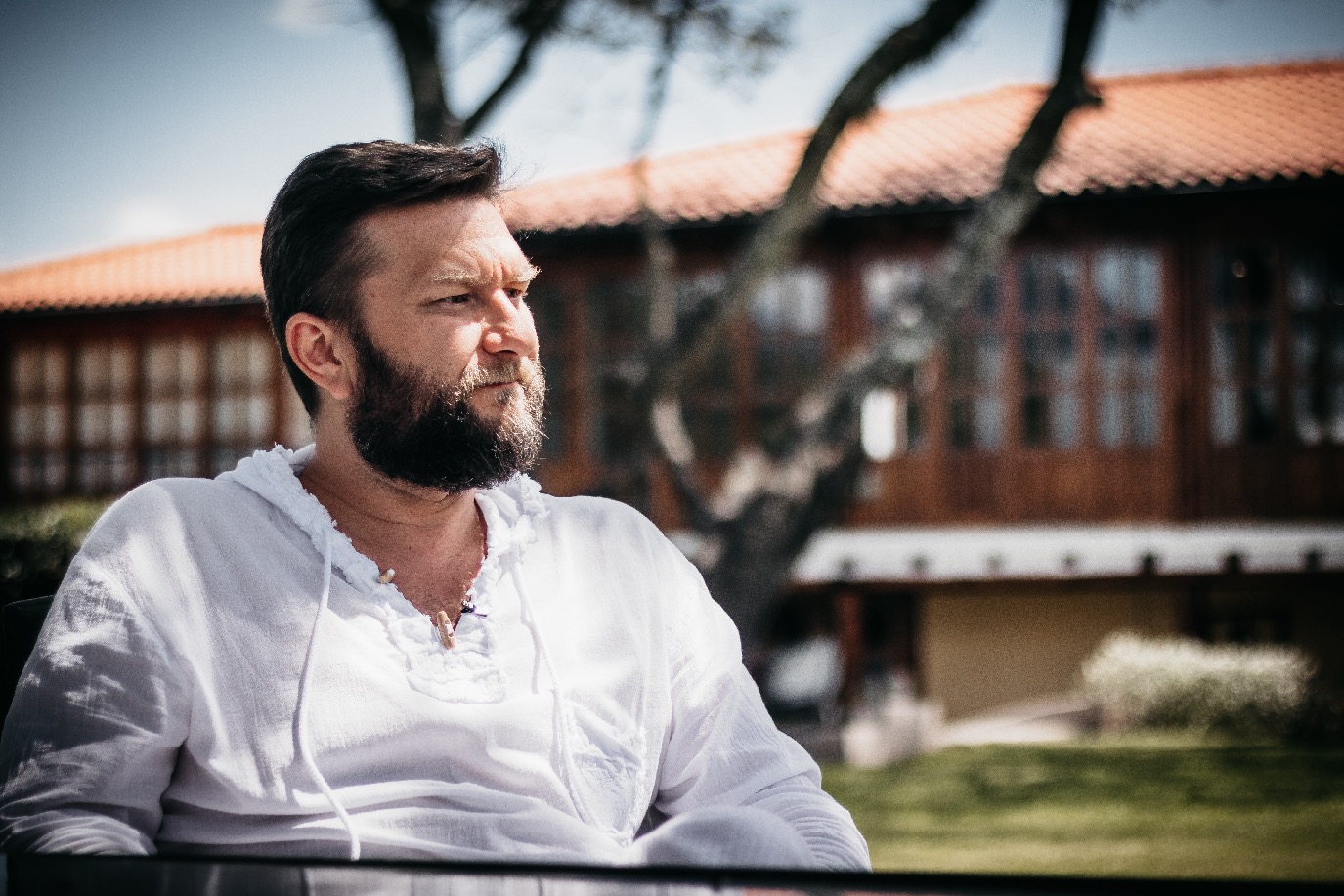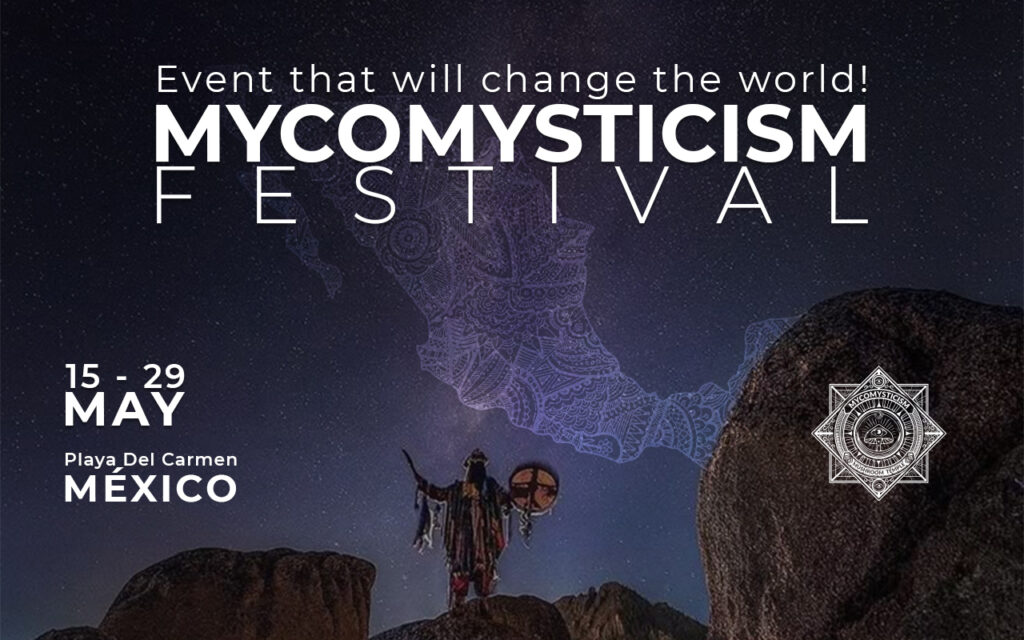From Healing to Healing Crisis: The Unspoken Aftermath of Psychedelic Ceremonies
In recent years, plant medicine ceremonies have surged in popularity as powerful tools for healing and self-discovery. While these experiences often promise spiritual awakening and emotional breakthroughs, they can also bring unexpected challenges. Many participants find themselves facing intense psychological and spiritual upheavals after their journeys—not as a sign of failure, but as proof of the profound transformative power of these sacred medicines.
The Danger of Unqualified Facilitators
The most concerning issue is that many so-called facilitators are primarily motivated by financial gain. Lacking proper experience and dedication, they are unprepared for the challenges that can arise—especially spontaneous exorcisms, which may occur during these ceremonies. Without the necessary expertise, these so-called guides can do more harm than good, abandoning participants to navigate overwhelming spiritual and psychological turmoil on their own. This highlights the critical importance of working with individuals who approach this path with integrity, humility, and a genuine commitment to serving humanity.
The Overlooked Presence of Entities
An often-ignored but crucial aspect of psychedelic ceremonies is the presence of entities—spiritual or energetic forces that can emerge during these experiences. In some cases, these entities attach themselves to individuals or manifest in disruptive ways. It is not uncommon to hear of participants engaging in erratic behavior, such as running naked through the streets or experiencing violent outbursts. Such incidents often stem from entity possession or release, requiring experienced intervention to be properly resolved.
This highlights the necessity of thorough preparation, skilled guidance, and structured integration. A true master guide—someone deeply knowledgeable in these ceremonies and adept at handling spontaneous exorcisms—is indispensable. These experts possess the tools and wisdom to ensure that entities exiting a participant’s consciousness are fully released and transformed into lessons, rather than lingering as disruptive influences.
The Healing Crisis and the Role of Integration
The emotional and spiritual upheaval that follows a plant medicine ceremony can leave participants feeling as though their lives are unraveling. This phenomenon, often referred to as a “healing crisis,” is not a setback but rather an essential phase of transformation. Plant medicine has the ability to unearth deeply buried traumas and unresolved emotions, which, if not properly managed, can lead to chaos and distress.
A true master understands this delicate balance. Paul Healingod, a visionary in the field of Mycomysticism—a philosophy that bridges ancient wisdom and scientific understanding—has long emphasized that working with sacred medicine is not just about experiencing altered states but about navigating them with intention and skill. Without proper preparation and expertise, entities do not simply leave; they linger, feeding on the very chaos they create. What should be a profound journey of self-discovery can quickly spiral into disorder. When entities are not properly addressed, their lingering presence can amplify confusion, leading to deep psychological and spiritual unraveling.
However, this crisis can be effectively managed through proper integration, which is the foundation of a successful plant medicine journey. Beyond the ceremony itself, participants must actively process their experiences through practices such as journaling, mindfulness, and seeking guidance from experienced professionals or community groups. Integration ensures that the insights gained during the ceremony translate into meaningful, lasting changes rather than lingering as unresolved turbulence.
Additionally, the ceremonial setting plays a crucial role in minimizing distress. A secure, controlled environment—free from distractions and guided by a trusted expert—creates the necessary container for participants to safely navigate their journeys. When entities are not properly managed, erratic behavior and dangerous situations can arise, making professional guidance essential. With the right preparation and integration practices, the healing crisis transforms from an overwhelming ordeal into a powerful stepping stone toward deep personal growth and self-discovery.
Approaching Plant Medicine with Responsibility
Approaching plant medicine ceremonies with the utmost respect and responsibility is crucial. This involves thoroughly researching the background and qualifications of facilitators, understanding the cultural and spiritual significance of the medicine, and preparing both physically and mentally for the journey ahead. A master guide not only ensures a safe experience but also possesses the expertise to intervene when entities manifest, employing advanced techniques—such as spontaneous exorcism—to restore balance.
While plant medicine is a powerful tool for transformation, it is not a quick fix or a shortcut to enlightenment. True healing demands preparation, humility, and a willingness to confront the deepest aspects of oneself. With the right guidance and integration practices, participants can emerge from their journeys not only healed but also empowered to live more authentic and aligned lives.
For those seeking a structured and intentional approach, Mycomysticism—a philosophy rooted in service and humility—provides a framework for working with these sacred tools responsibly. True practitioners of this path understand that these ceremonies are not about profit but about guiding individuals toward their highest potential. When approached with reverence, plant medicine becomes a gateway to profound healing and spiritual awakening, offering lessons that extend beyond the individual to positively impact the world at large.





